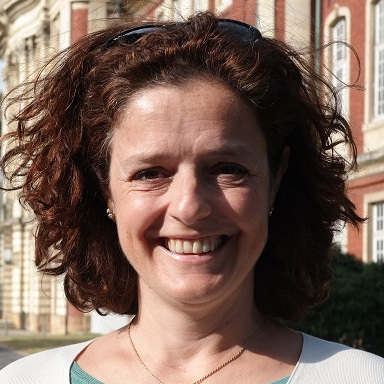The LeTs-Care Partners
Università Ca’ Foscari Venezia
ITALY
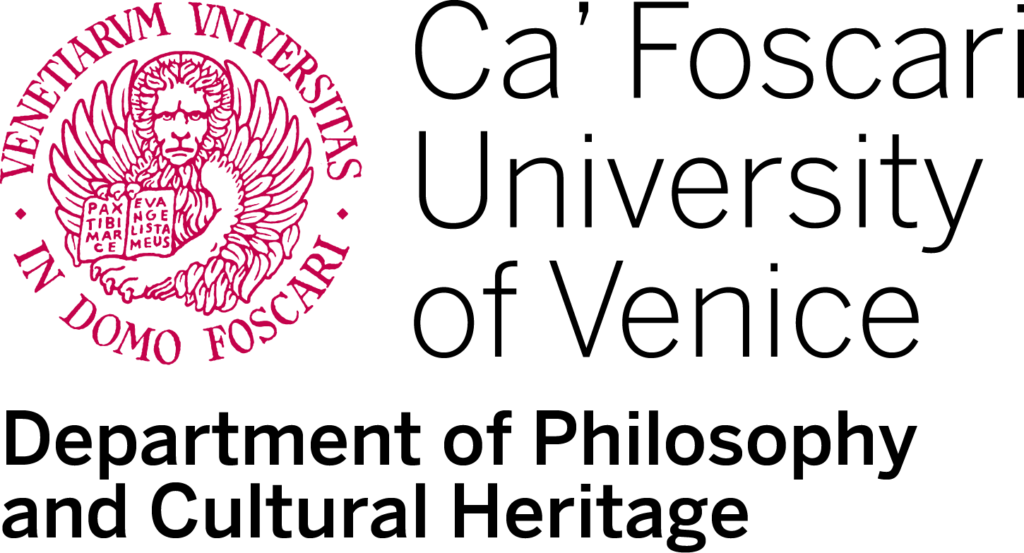
Founded in 1868, Università Ca’ Foscari Venezia (UNIVE) is a leading university in Italy. With more than 22,000 students and nearly 1,400 staff, it is organised into 8 Departments, 3 Schools and one International College, committed to developing the next generation of researchers, scientists and academics through collaboration across disciplines, advanced research projects and innovative study programs.
The University has an outstanding national and international reputation for academic excellence in the fields of teaching and research. It has a long-standing tradition in research and well-established experience in EU funded projects.
Ca’ Foscari University of Venice is part of international research networks and cooperation agreements with some of the most prestigious universities and international bodies in Europe and worldwide and is committed to knowledge exchange, innovation, transfer and social impact.
PROJECT TEAM
Barbara Da Roit, Professor of Sociology
Role in the project: Scientific coordinator; UNIVE team leader
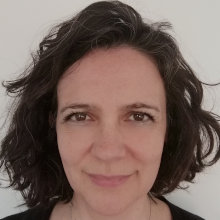
Barbara Da Roit, PhD in Sociology (Science-Po Paris) and in Urban European Studies (University of Milano-Bicocca), previously worked at the University of Milano-Bicocca (2004-2007), Utrecht University (2007-2013) and the University of Amsterdam (2013-2016). Her research, embedded in comparative welfare studies, focusses on the relationship between changes in social policies and in social practices with a specific interest in the field of care for elderly people and young children.
Maurizio Busacca, Assistant Professor of economic sociology and social policy.
Role in the project: Researcher
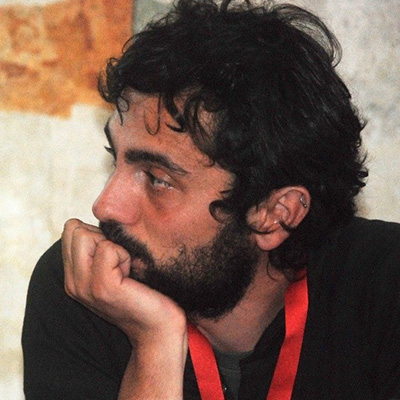
Maurizio Busacca research work focusses on social innovation, which he explores from the three intertwined perspectives of labour transformation, non-profit organisations, and local welfare state. He has participated in and coordinated a number of national and regional research projects on, among other topics, universities public engagement, collaborative spaces, the conciliation between care, unpaid and paid work, the nexus between the transformation of welfare state, social work, and the role of third sector organisations.
Pamela Pasian, PhD in Social Sciences.
Role in the project:
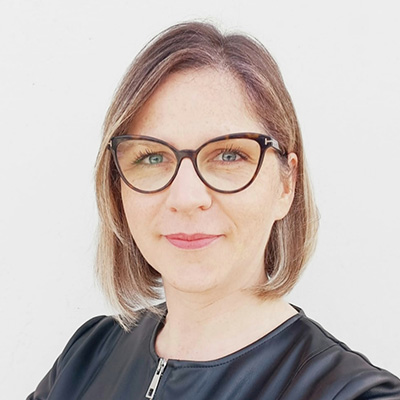
Pamela Pasian. PhD in Social Sciences, from the University of Padua (2017) is currently a researcher of Sociology at Ca’ Foscari University of Venice. Her work focuses mainly on care, health, welfare and international migration. She took part in several national and international research projects on violence against women, migration and social innovation, reproductive and oncological health.
Francesco Eugenio Iannuzzi, Researcher
Role in the project: Assistant professor of sociology of work
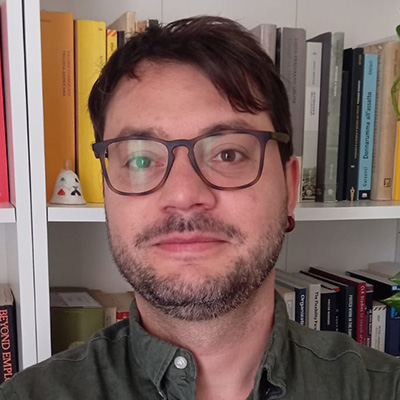
Francesco Eugenio Iannuzzi, PhD in Social Sciences from the University of Padua (2018), is currently a researcher of labour sociology at Ca’ Foscari University in Venice. His research spans several areas, including employment in tourism, the impact of technology in factories, teleworking, the entertainment industry, and transformations in shipbuilding. Francesco has contributed to numerous national and international research projects. His main research interests focus on exploring the connections between labour processes, social reproduction institutions, and job quality.
Eugenia Delaney, Administrative staff/ Department’s Research Sector Coordinator
Role in the project: Administrative and Financial Manager
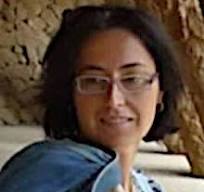
Eugenia Delaney, PhD in Plant Ecophysiology (Università Mediterranea di Reggio Calabria), works has a Senior Project Manager since 2003. She has extensive experience in national and European project management and implementation, achieved through twenty years of working for private companies and public research institutions in environmental, humanities and social science fields. Since 2017, she is the coordinator of the research sector at the Department of Philosophy and Cultural Heritage – Ca’ Foscari University of Venice.
Tommaso Musner, Project Manager
Role in the project: Administrative staff/ Department’s Research Sector Coordinator
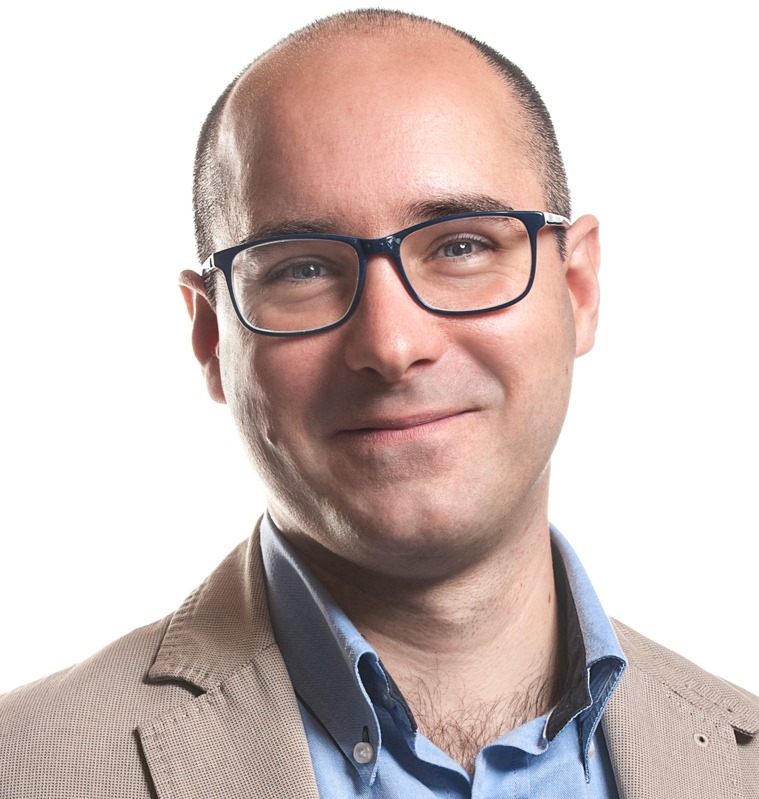
Tommaso Musner, technical and financial project manager of research projects funded by the EU, with more than ten years’ experience. PhD in Environmental engineering. He also provides support in technical writing of project proposals in the field of environmental restoration, marine pollution, waste management and adaptation strategies to climate change.
Roskilde Universitet
DENMARK

PROJECT TEAM
Bent Greve, Professor.
Role in the project: responsible for the Danish part of the project, including one of the wp in the project.
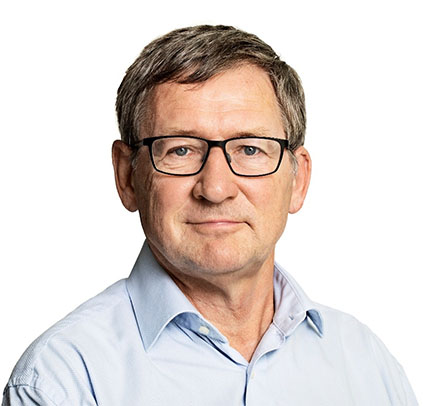
Bent Greve is Professor in Social Science with an emphasis on welfare state analysis at the University of Roskilde, Denmark. His research interest focuses on the welfare state, and social and labour market policy, often from a comparative perspective. He has published extensively on social and labour market policy, social security, tax expenditures, public sector expenditures and financing of the welfare state. He is editor of Social Policy & Administration. He has published an extensive number of articles in different journals as well as a large number of books.
University of Amsterdam
THE NETHERLANDS

The University of Amsterdam is one of Europe’s leading broad-based research universities. As a research-intensive institution, the UvA works in close collaboration with other national and international universities by joint research projects or research groups, in the context of which data, knowledge and infrastructure are being shared, thereby creating synergies that improve its quality of research.
The Faculty of Social Sciences at the UvA, and its Amsterdam Institute of Social Science Research is the largest educational and research institution in the social and behavioural sciences in Europe. The research program focuses on the functioning of contemporary societies and their interrelationships from historical, comparative and empirical perspectives. It is organized into thematically focused groups with an anchor in one or more of the represented disciplines: sociology, geography, planning & development studies, political science and anthropology.
PROJECT TEAM
Dr. Jeannette Pols, Professor at Anthropology of Health, Care and the Body.
Role in the project: Team leader
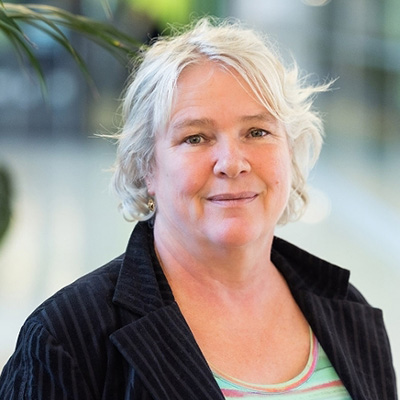
Jeannette Pols is Professor of the Anthropology of Everyday Ethics at the department of Anthropology, Faculty of Behavioural & Social Sciences, and the department of Ethics, Law & Humanities of the Amsterdam Medical Center, University of Amsterdam. Her chair is established between the two faculties, bridging research in medical ethics and medical anthropology. Her work develops the ethnographic study of ethical questions, for instance in her 2023 book “Reinventing the Good Life”, UCL Press.
Dr. Kristine Krause, Associate Professor.
Role in the project: Team member.
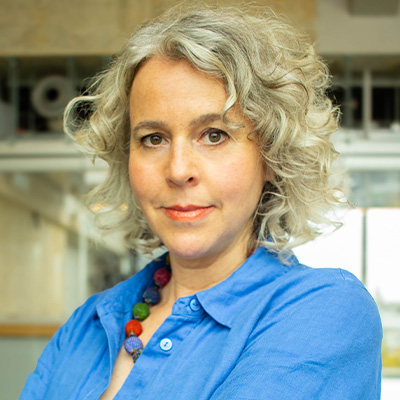
Kristine Krause is Associate Professor at the University of Amsterdam and director of the Research Group Health Care and the Body within the Anthropology Department, dedicated to making academia a friendlier place. Working at the intersection of medical and political anthropology with specific interests in transnational care and history, she leads an ERC funded project on care relocation within Europe and is a member of a VW funded project on the effect of care migration on CEE countries.
Sabya van Elswijk MSc, hD researcher.
Role in the project: Team member.
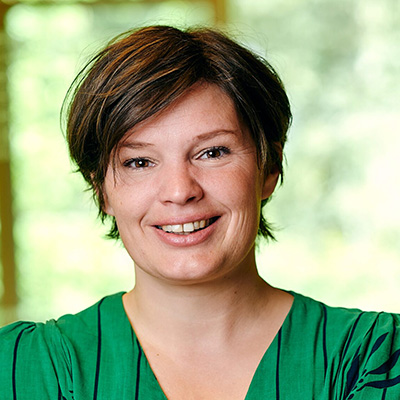
Sabya van Elswijk works as PhD researcher within the Dutch team. She holds a master in Medical Anthropology and Sociology and works as consultant specialized in building collaborations between long term care organizations. For her master research she wrote an ethnography based on fieldwork in a Dutch care home about social aspects of dementia. She has lived in many different countries around the world, where she studied the local meanings of being old and ways of caring for the elderly whenever possible.
Agencia estatal Consejo Superior
de Investigaciones Científicas – CSIC
SPAIN

The Spanish National Research Council (Consejo Superior de Investigaciones Científicas, CSIC) is the largest public research institution in Spain and one of the most renowned institutions in the European Research Area. It is affiliated to the Ministry of Science and Innovation through the Secretary General for Research. Its mission is to promote, coordinate, develop and disseminate scientific and technological multidisciplinary research. Among its 121 research institutes, the Institute of Public Goods and Policies (IPP) is dedicated to analysing some of the most pressing issues and challenges of the 21st century, such as widening social inequalities and the recalibration of Welfare states, sustainability and climate change, rapid technological change, increasing migration and ethnic diversity, and rising political polarisation and the questioning of core democratic principles.
PROJECT TEAM
Francisco Javier Moreno Fuentes, senior researcher.
Role in the project: CSIC team leader.
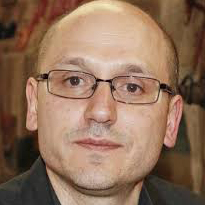
Roberta Perna, permanent research fellow.
Role in the project: CSIC team member and contact person.
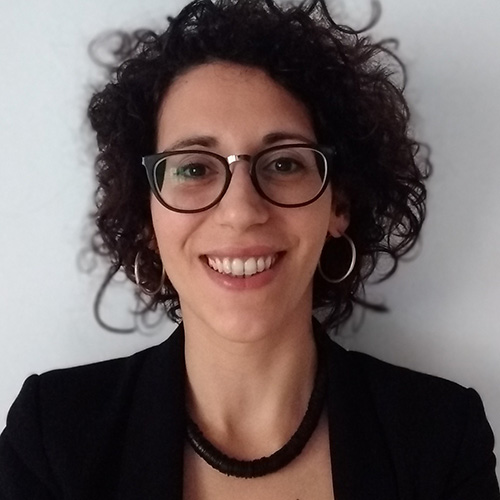
Jorge Jose Hernández Moreno, research fellow.
Role in the project: CSIC team member.
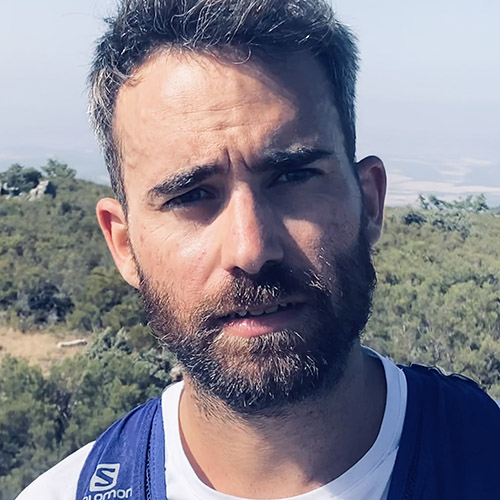
Eloísa del Pino Matute, permanent research fellow.
Role in the project: CSIC team member.
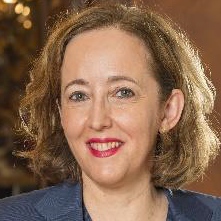
University of Management and Economics – ISM
LITHUANIA
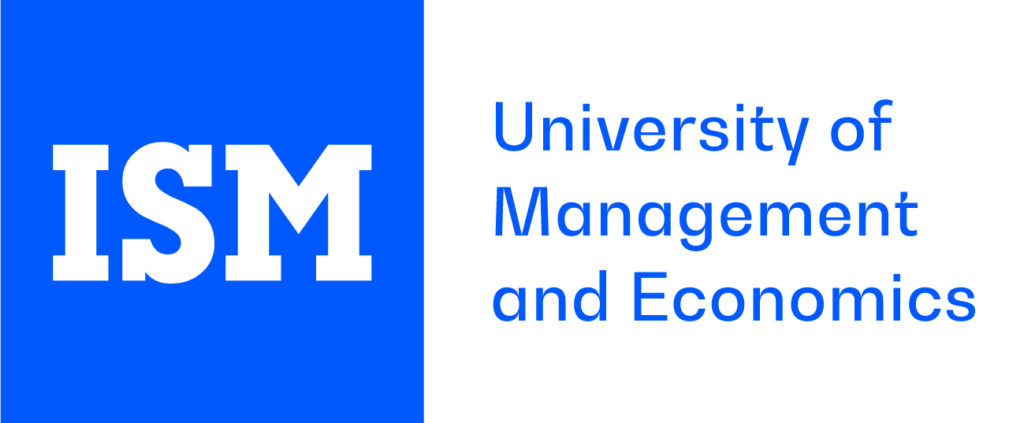
ISM is an international university that ensures students’ future career with modern learning methods and close connections with the business world.
PROJECT TEAM
Virginija Poškutė, PhD. Professor, Director of Business Sustainability Management master program.
Role in the project: National coordinator, principal researcher.
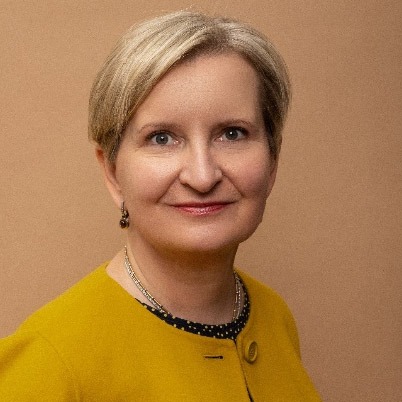
University of Porto
PORTUGAL

With over 100 years of history, UPORTO stands out as a distinguished institution of higher education and scientific research in Portugal and worldwide. It is known for delivering high-quality education and excellence in research, playing a crucial role in the country’s economic, social, cultural, and scientific development. UPORTO includes 14 faculties, a business school, 48 research units (R&D), 17 Associated Laboratories (LA), 22 Collaborative Laboratories (CoLAB), and 11 Associated Research Institutes.
UPORTO is a founding member of the EUGLOH Alliance and collaborates with world-renowned institutions through programs like UT Austin Portugal and MIT Portugal. Additionally, UPorto is a member of the Coalition for Advanced Research Assessment (COaRA). The excellence of UPorto’s ecosystem is reflected in the increasing acquisition of prestigious grants, including 19 ERC grants in various categories.
For more, visit: https://www.up.pt/portal/en/research/what-we-research/r-d-projects/
PROJECT TEAM
Alexandra Lopes, Professor of Sociology.
Role in the project: UPORTO team leader.
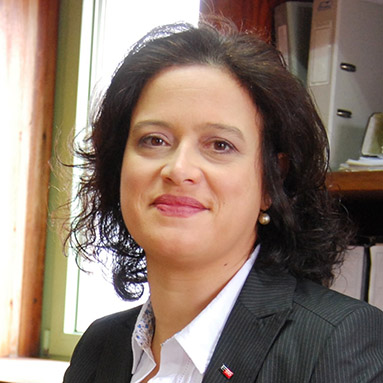
Rute Lemos, Researcher.
Role in the project: Researcher in the UPORTO team.
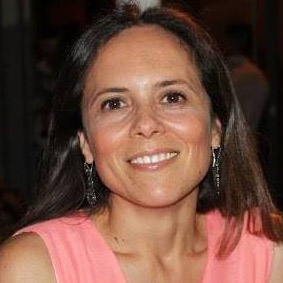
University of Innsbruck
AUSTRIA
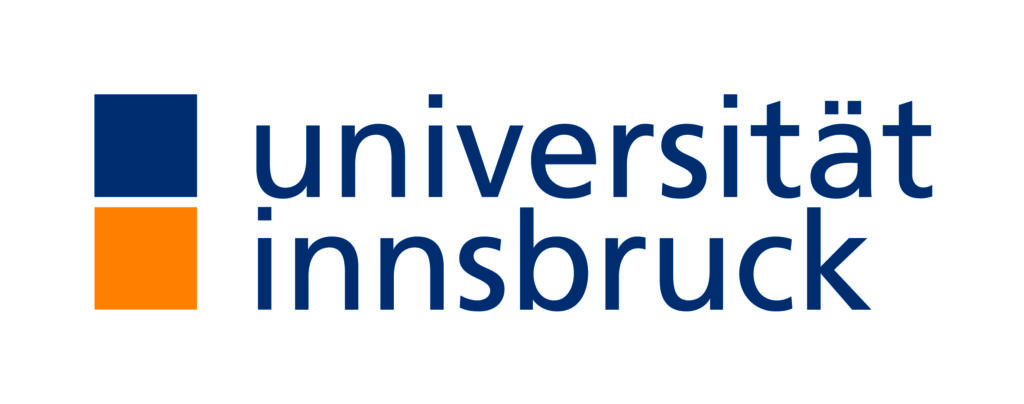
The University of Innsbruck is the largest research and education institution in western Austria, with 28,000 students and 5,500 staff and faculty members. Founded in 1669, the University looks back to a long history and comprises today 16 faculties and 83 departments. Located in the heart of the Alps, UIBK offers excellent facilities for research and teaching in a spectacular environment. The University of Innsbruck has always been a supporting pillar of the Tyrolean society and has influenced the region tremendously. International rankings confirm the university’s important role in scientific research, in 2023 its scientists produced over 4,500 publications.
For more information: https://www.uibk.ac.at/en/research/
PROJECT TEAM
Bernhard Weicht, Associate Professor.
Role in the project: Team Leader of UIBK Team.
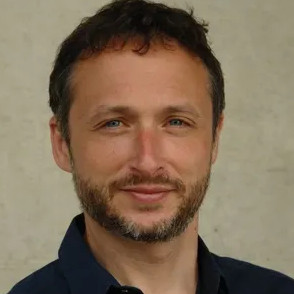
Waldenburger Lisa, Researcher.
Role in the project: Researcher of UIBK Team.
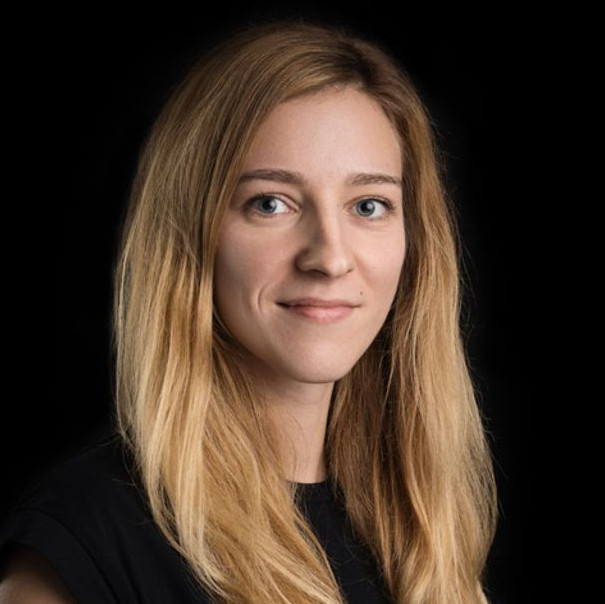
Réseau Européen des Villes et Régions de l’Economie Sociale AISBL – REVES
BELGIUM

PROJECT TEAM
Mr Luigi Martignetti, Secretary General of REVES.
Role in the project: Policy advisor and Network manager.
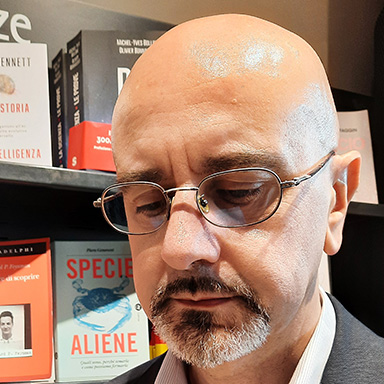
Ms Elisa Mancinelli, Policy advisor.
Role in the project: WP5 coordinator.
